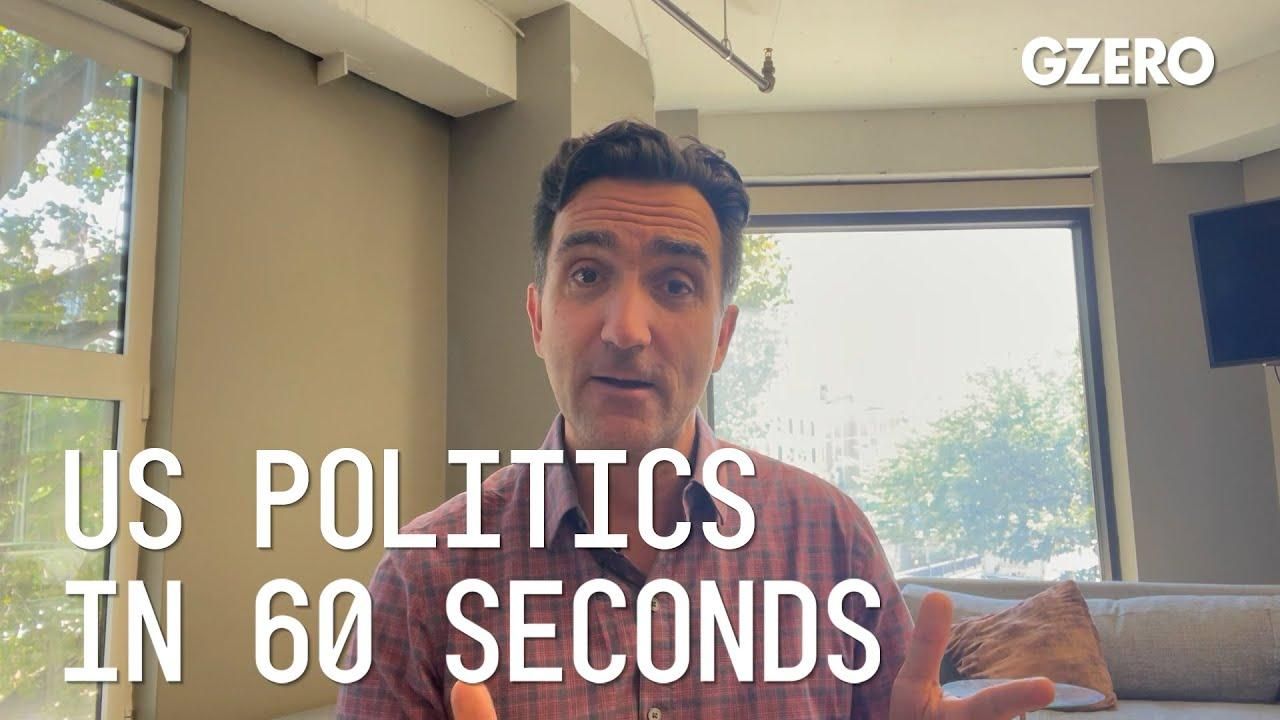
Jon Lieber, head of Eurasia Group's coverage of political and policy developments in Washington, DC shares his perspective on US politics.
Have Republicans ruined their chances of taking the Senate?
2022 started off looking like a very strong year for Republicans who are trying to retake the House and Senate. With inflation top of mind for voters and several Republican candidates in 2021 riding the backlash against COVID lockdowns and teachers' unions, Republicans had solid leads in congressional polling and the winds of history at their back. The president's party typically loses about 30 House seats in a normal midterm elections, and Democrats only had five to give away before they lost their majority. And in an evenly divided Senate, Republicans saw at least four easy pickup opportunities in swing states that Democrats barely won in previous cycles.
But the environment has shifted radically in the last several months. Inflation remains a top issue, but has abated slightly in recent months as energy prices have dropped. The Supreme Court's decision, overturning Roe vs. Wade seems to have increased registration and enthusiasm among Democratic voters, particularly women and President Donald Trump is back in the news because of the sensational raid on his Mar-a-Lago compound hurting Republicans.
In addition to these atmospherics, Republican Senate candidates are drastically underperforming in several key races. GOP candidates in Arizona, Georgia, and Nevada are underperforming a generic Republican in those states. And this week, New Hampshire Republicans nominated an extremely controversial former general who polls far behind the Democratic incumbent, despite the favorable national environment. This has led several mainstream election forecasters to believe that Democrats are now favored to hold the Senate or potentially even increase the size of their majority based on competitive candidates for Republican seats running in Pennsylvania, Ohio, and North Carolina. This probably won't happen, but this is not the campaign that Republican leaders thought they would be running in the spring.
What could change the dynamics back in Republicans' favor? Most likely it's the economy. The Federal Reserve is aggressively hiking interest rates to bring down inflation. And while that hasn't slowed down job creation just yet, it could start to have a bite in the real economy in the next several months. And of course, campaigns matter too. The Republican candidate in Pennsylvania has just started to spend money to define his Democratic opponent as too liberal for the state. The race in Georgia remains very close. And in Nevada, Republicans are running a Senator's son who has already won statewide. If you live in one of these states, watch out for a flood of ads in the next six weeks as both parties prepare to spend hundreds of millions of dollars to keep or take control of the policy agenda.
- Jon Lieber: What's different about the 2022 midterms is 2024 Trump ... ›
- Democrats hope to use Jan 6 Trump focus to gain edge in midterms ... ›
- The Graphic Truth — Biden's first midterms: How does he stack up ... ›
- The Graphic Truth: Upcoming 2022 elections - GZERO Media ›
- How Trump dominates the GOP & "impressed" these DC journalists - GZERO Media ›